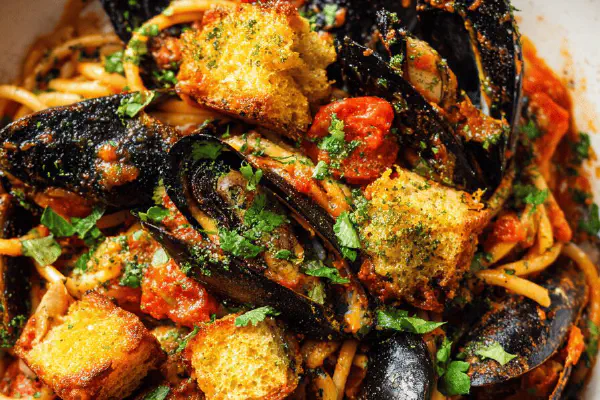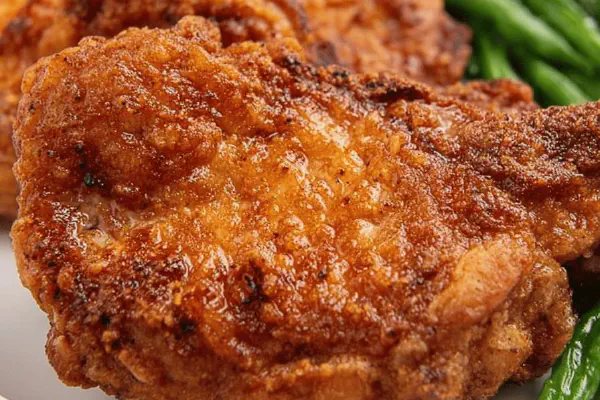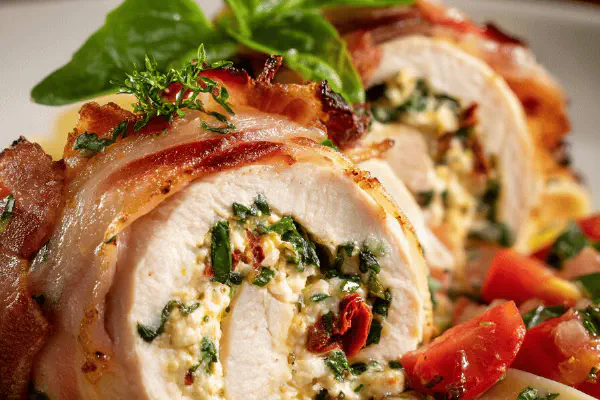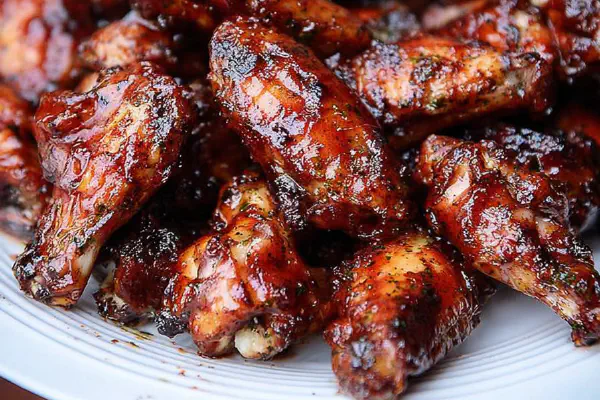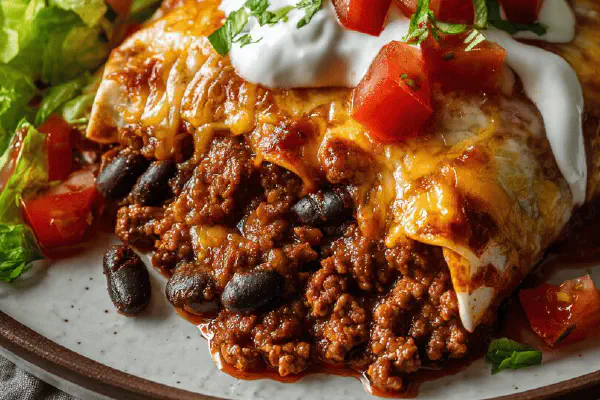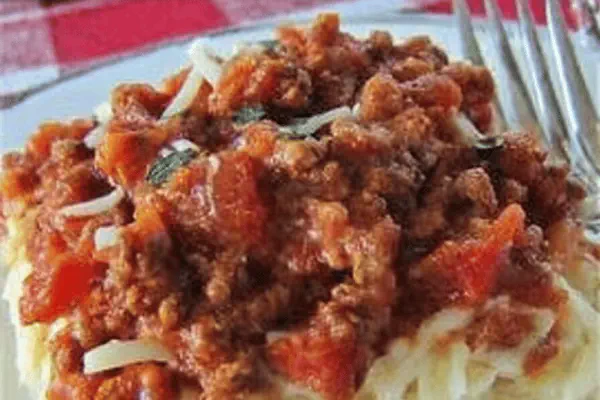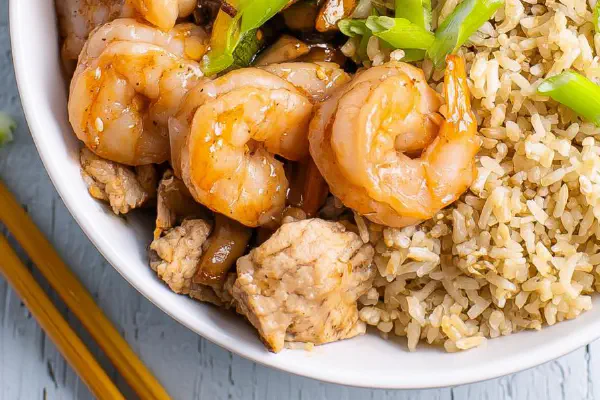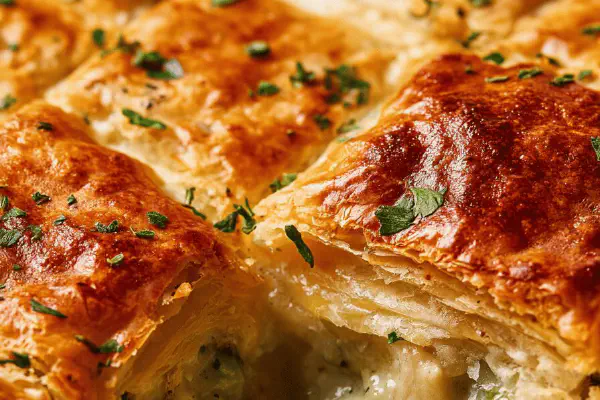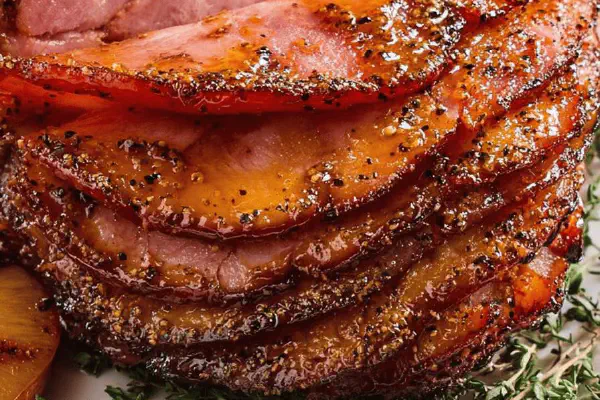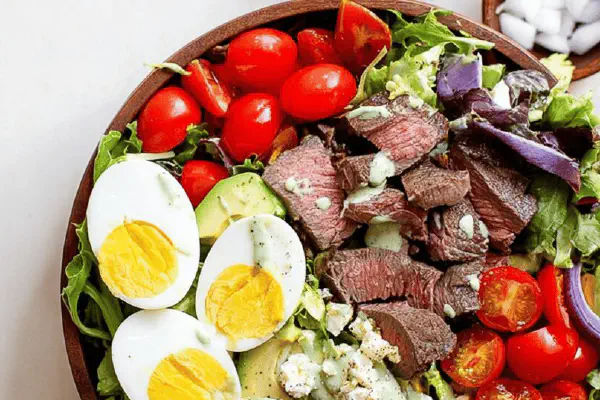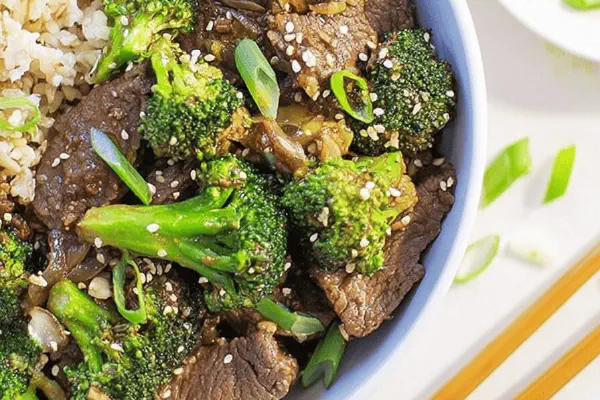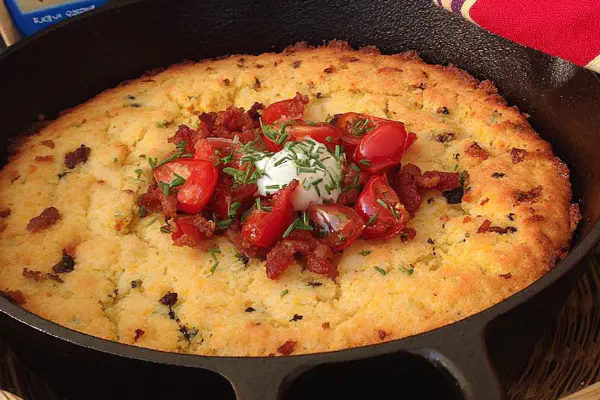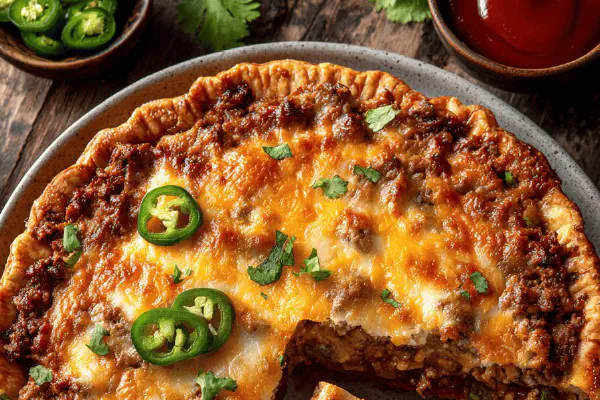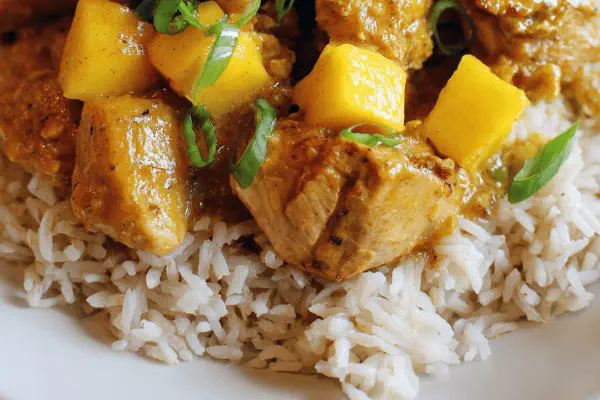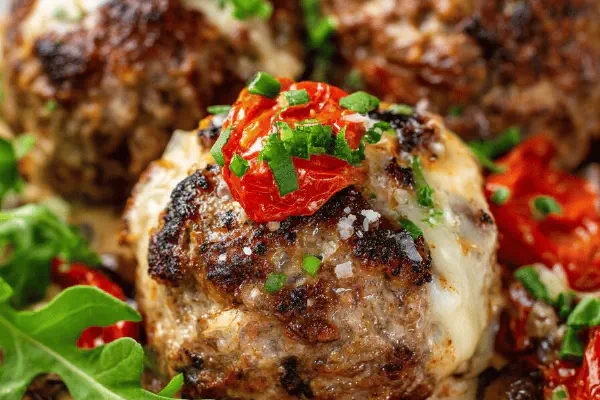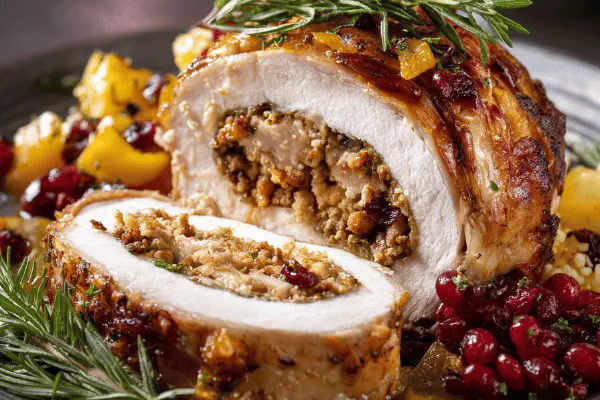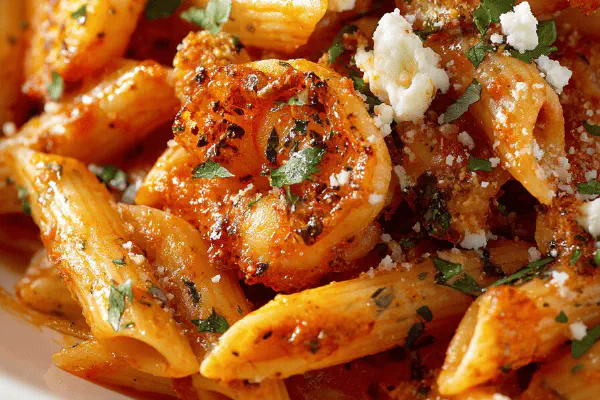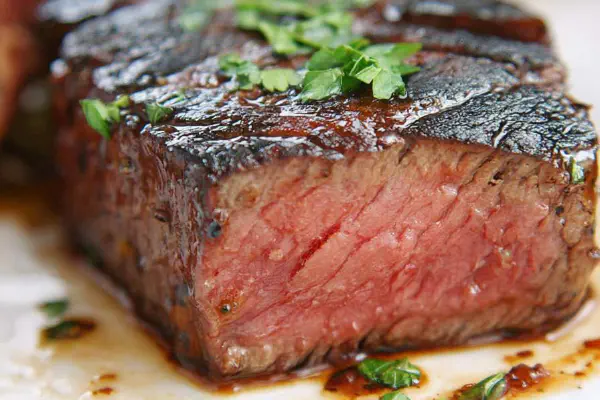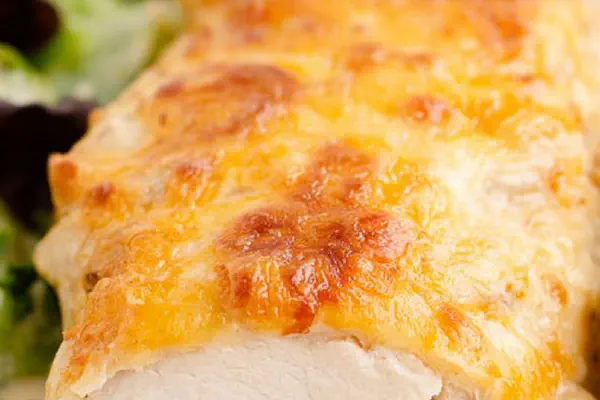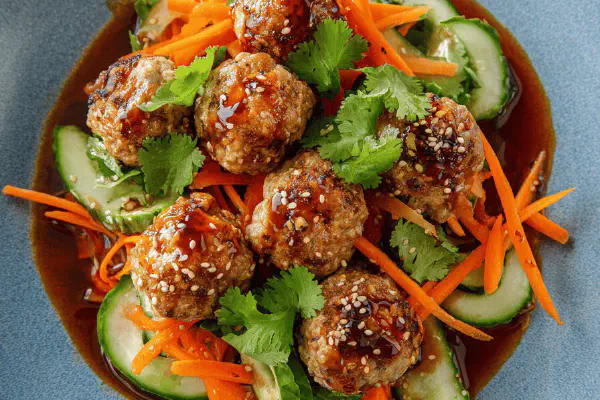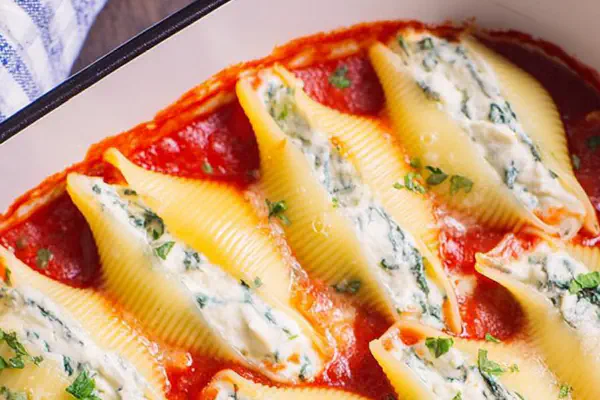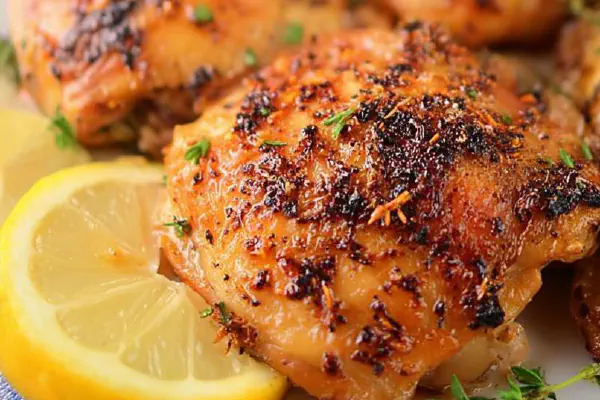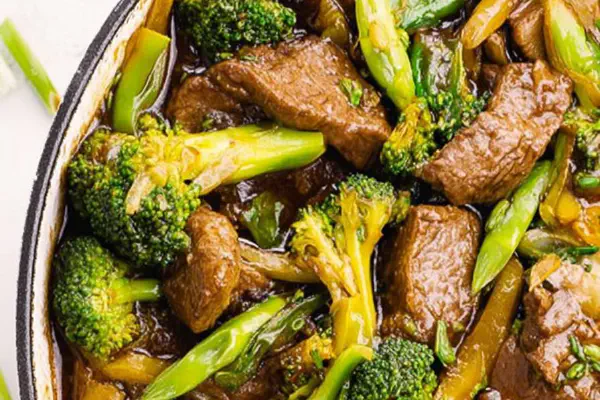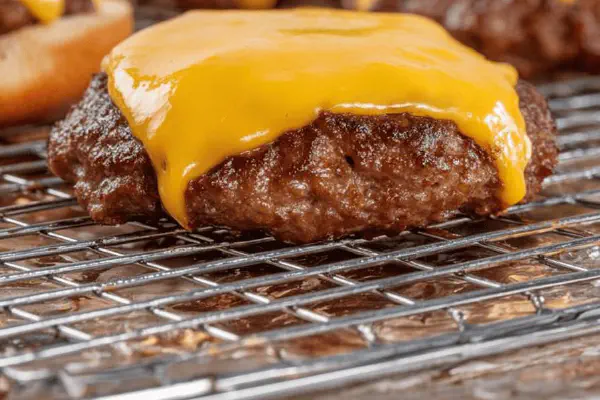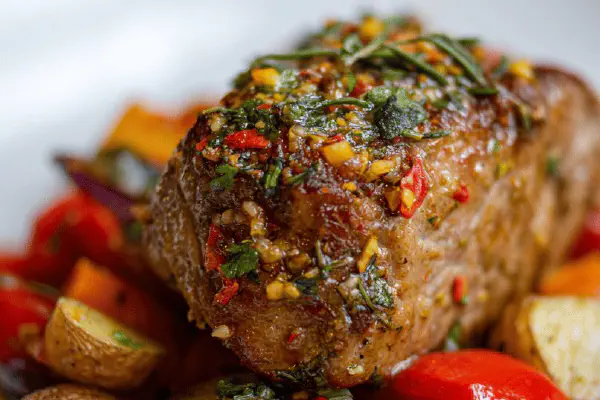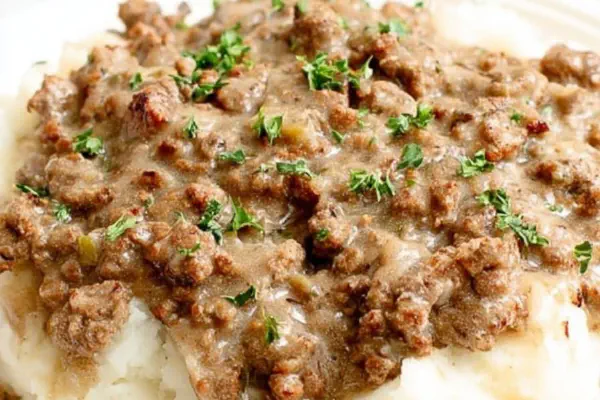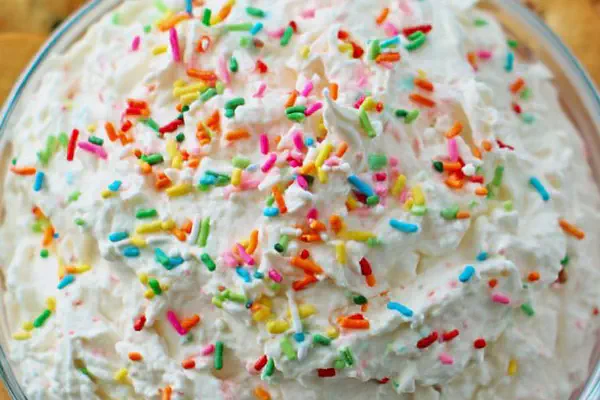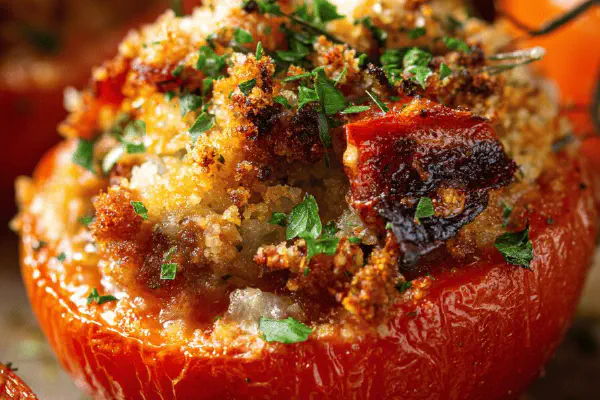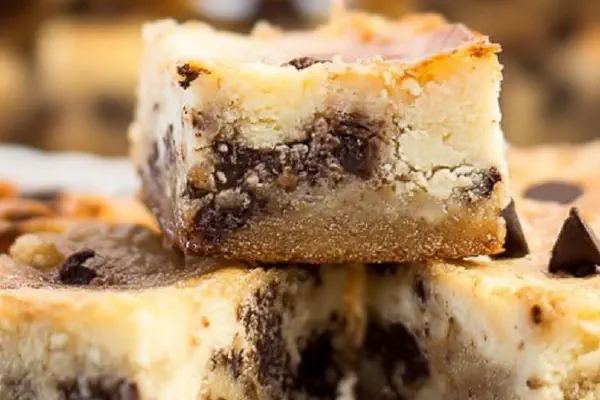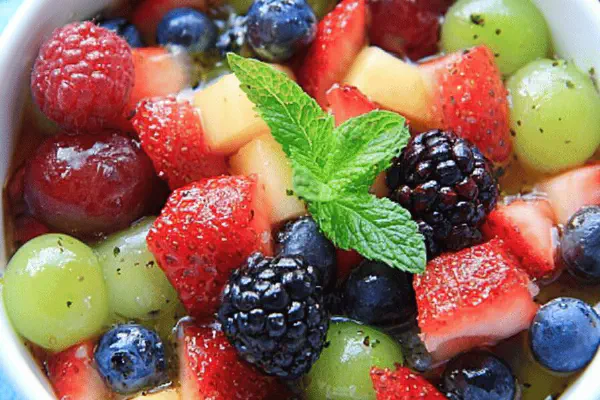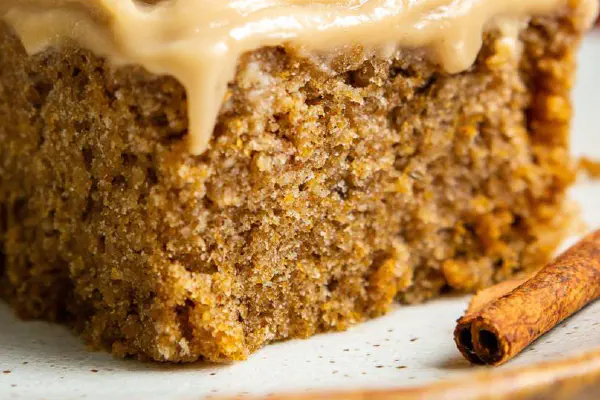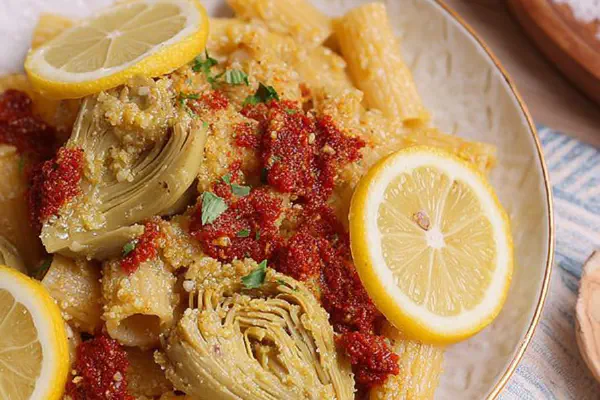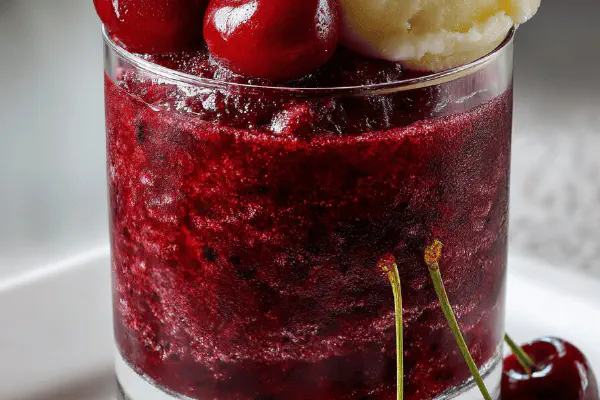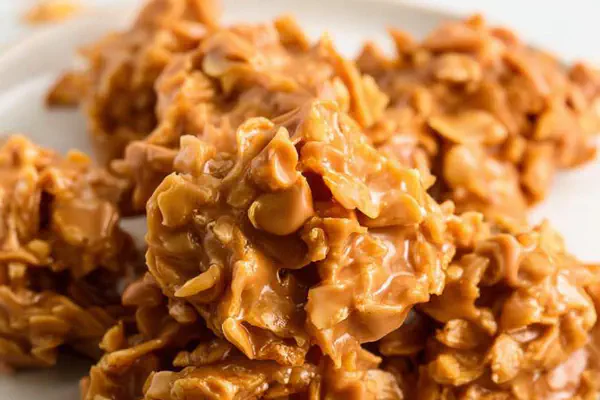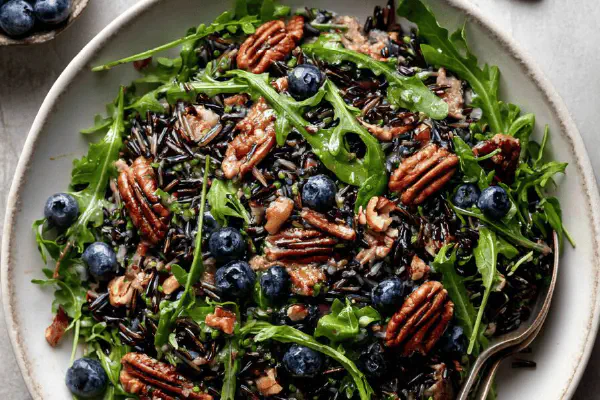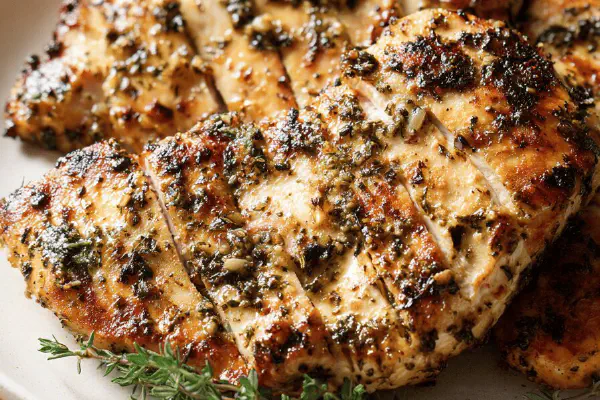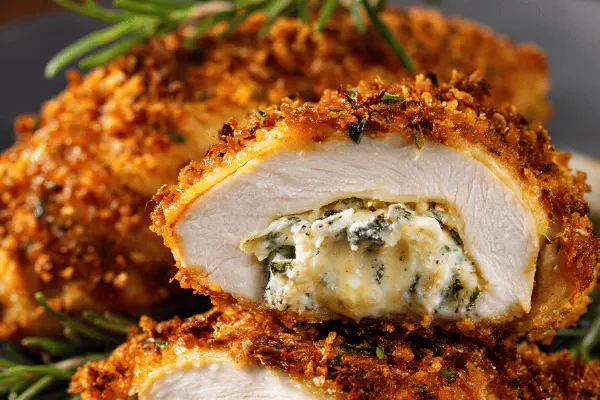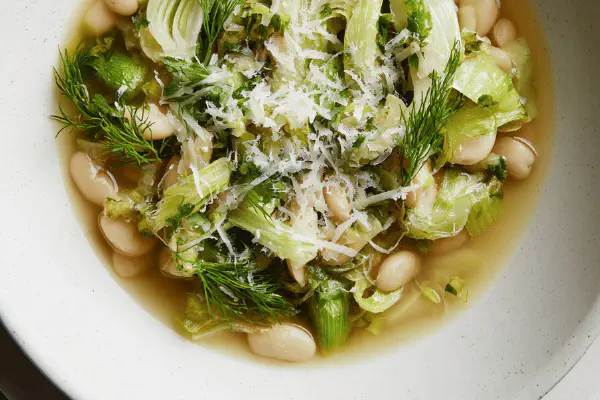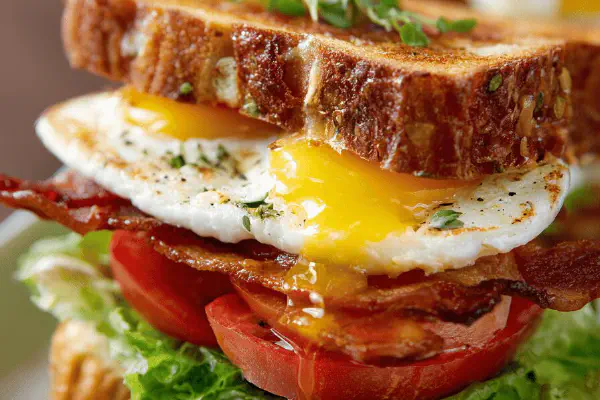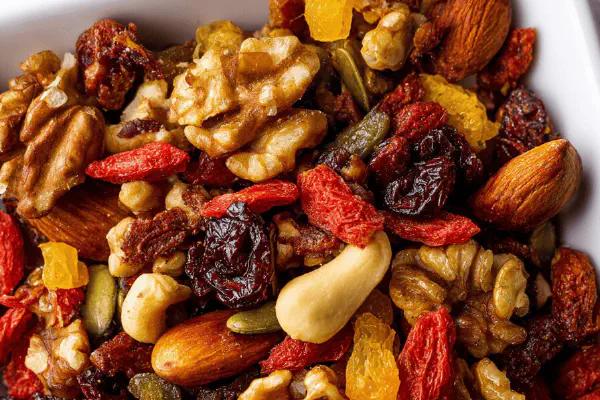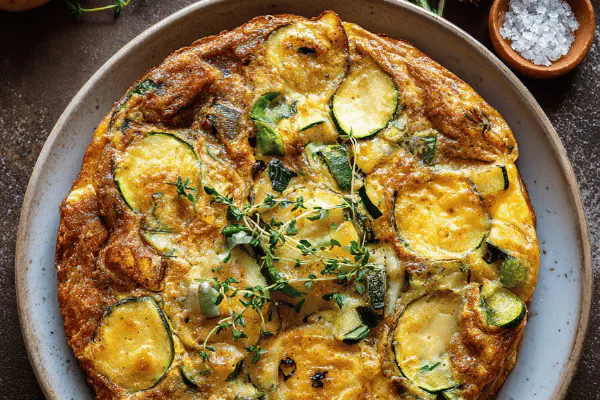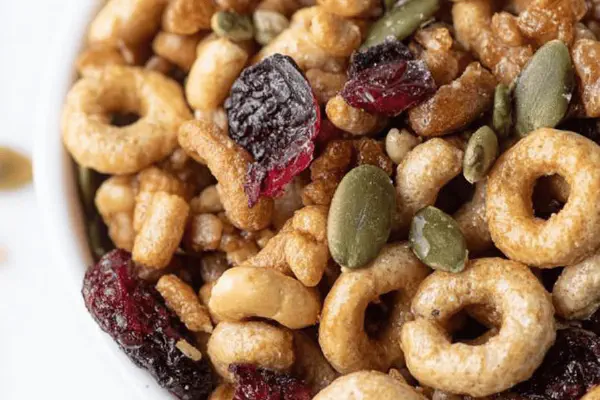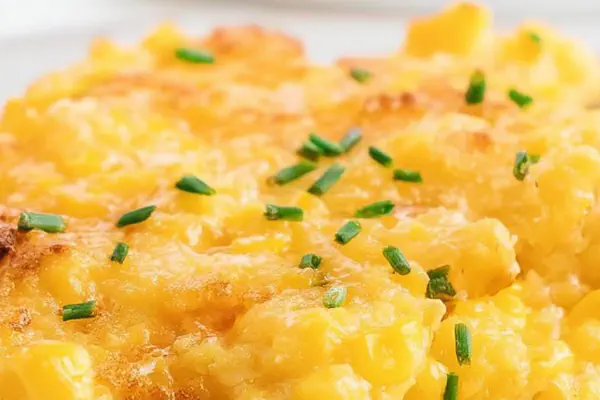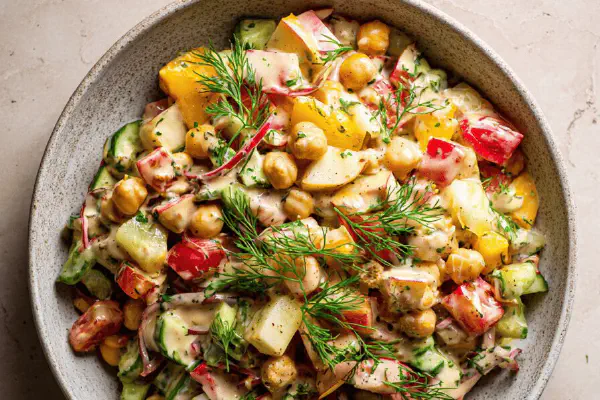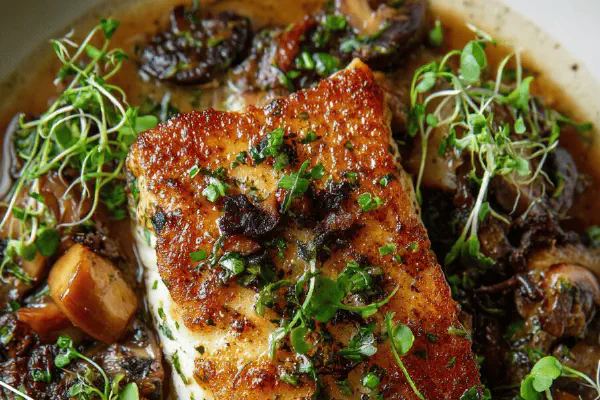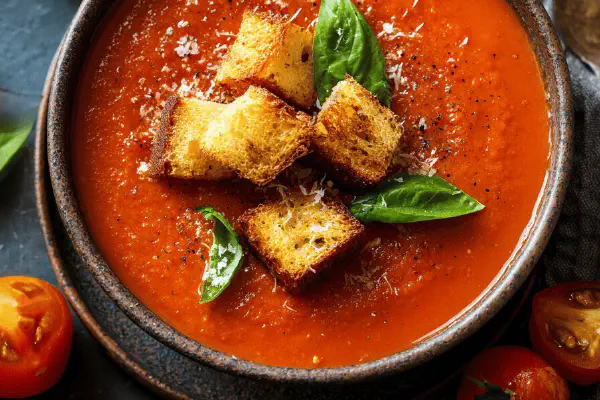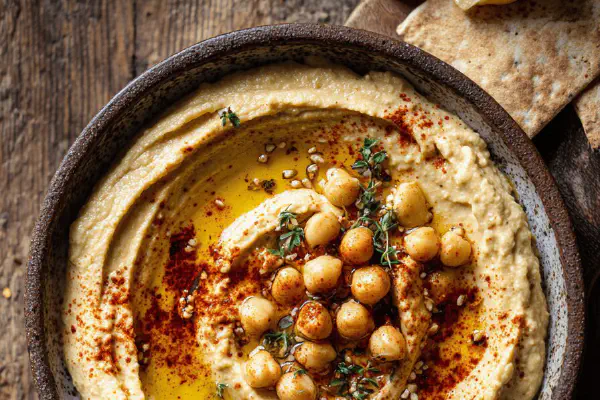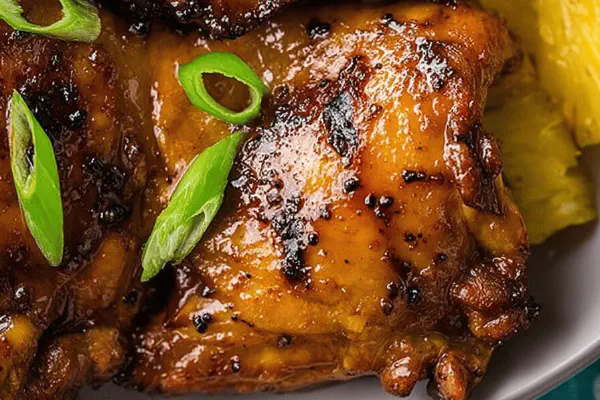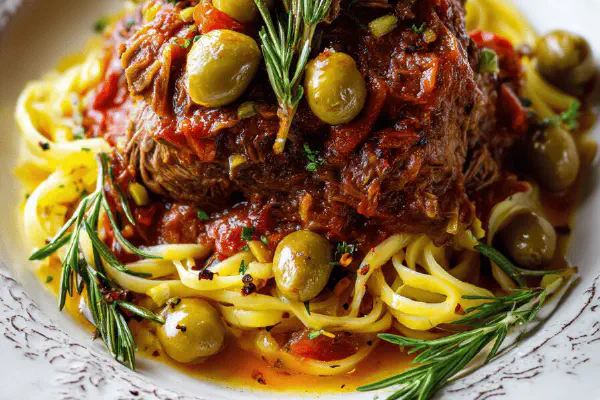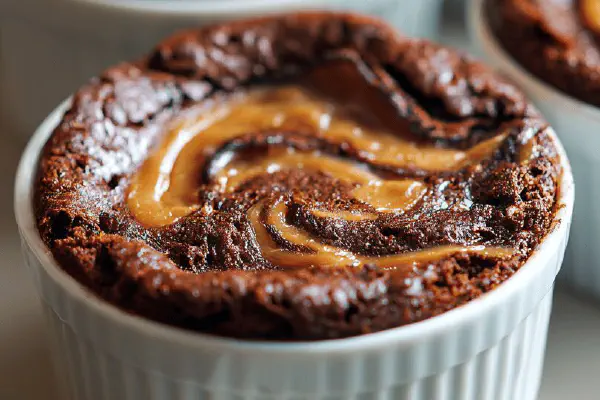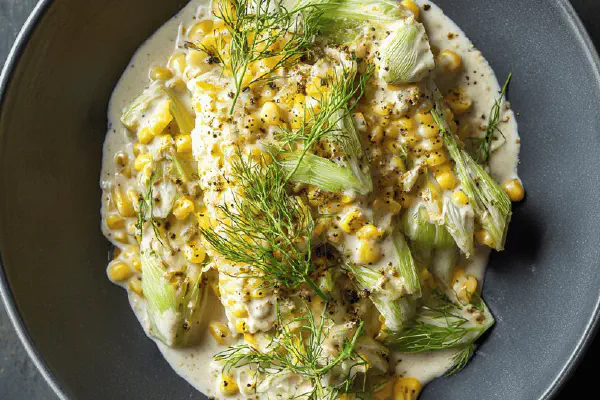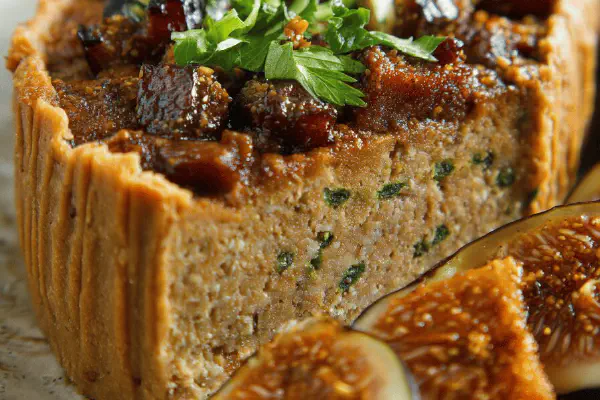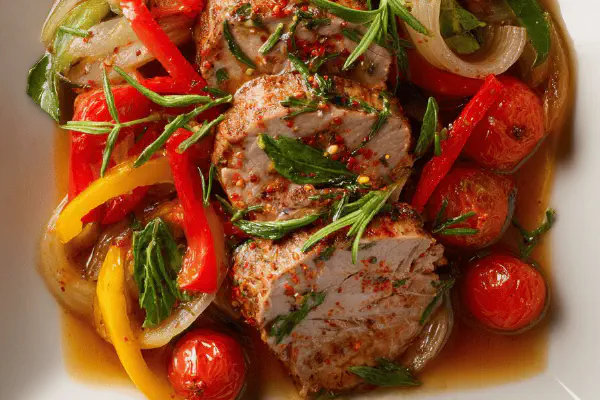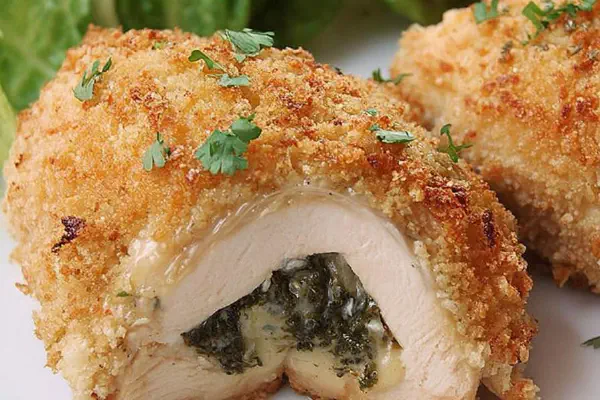
Featured Recipe
Caramelized Vietnamese Pork
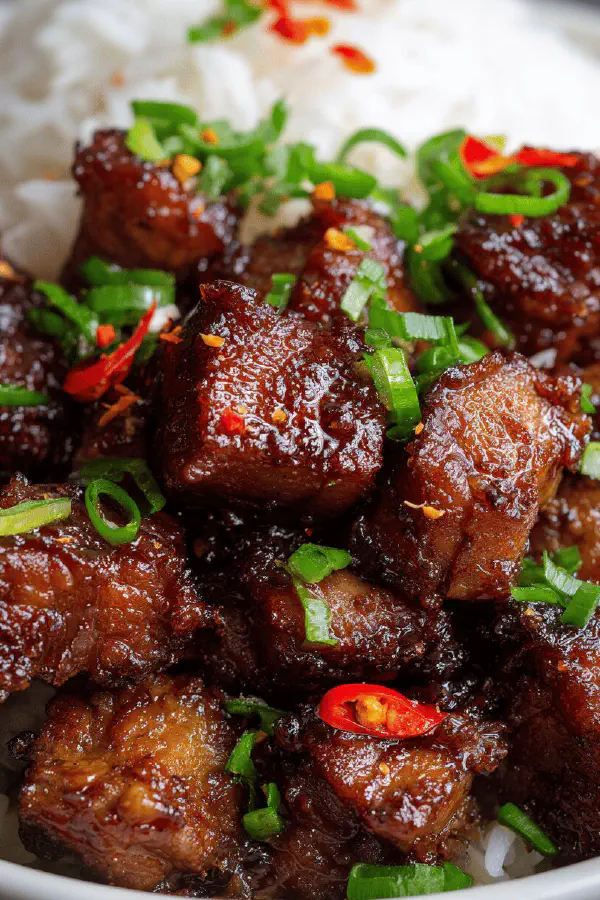
By Kate
"
Chunks of pork marinated briefly with baking soda, then cooked in caramelized brown sugar and aromatics. The caramel base thickens into a sticky glaze with fish sauce and fresh scallions. The heat tames the pork and builds layers of flavor. A slight kick from chili flakes. Serve with rice, veggies optional.
"
Prep:
22 min
Cook:
38 min
Total:
60 min
Serves:
4 servings
Vietnamese
pork
dinner
caramel
easy recipe
Introduction
Tender pork cubes. Quick soak in baking soda. Locks juiciness. Sweet dark caramel forms slowly in pan—no stirring, watch like hawk. Ginger sharp, garlic pungent, shallots sweet. Chili flakes bite just right. Fish sauce salty, deep umami. Scallions finish fresh, green snap. The pork sears and simmers, thick sauce shiny and sticky. Not complicated but a dance of timing. Rice waits patiently. Add greens if you want crunch and color. Simple layered flavors that always feel like home yet promise adventure. You cut, soak, caramelize, then finish, and suddenly? Dinner.
Ingredients
In The Same Category · Hearty Mains
Explore all →About the ingredients
Adjust the pork cut to something with fat for richness—shoulder or butt works better than leaner cuts. Baking soda helps meat tenderize but don’t overdo or texture changes weirdly. Use dark brown sugar for deeper caramel flavor; light sugar yields less complexity. Split water in two portions; the first one dissolves the sugar for caramel, the rest deglazes and loosens sauce. Fresh ginger and garlic bring sharp warmth unseen in powders. Shallots add a mild onion sweetness, but regular onions can substitute with stronger bite. Fish sauce brings essential umami. Chili flakes add heat; adjust to taste or skip if sensitive. Scallions added last for fresh crunch and color. Oil is simple vegetable to prevent sticking during caramel.
Method
Technique Tips
Patience at caramel stage crucial—sugar must melt and darken with no stirring to avoid crystallization. Adding pork too early prevents proper caramel. After caramel forms, stir quickly to coat pork evenly, sealing juices while blending spices. Browning time extends as caramel thickens and water evaporates; stir regularly to avoid scorching but leave time for pork to crisp. Add water and fish sauce to loosen thick caramel turning it into sticky glaze that clings. Simmer gently to reduce liquids but preserve shine. Toss in scallions at the end to preserve texture and color, not overcook or they wilt. Timing may shift slightly depending on stove heat and pan type, monitor closely. Let rest briefly off heat before serving to let sauce settle and flavors meld.
Chef's Notes
- 💡 Cut pork into large cubes. Fat is key. Shoulder or butt is best. Helps with richness. Don't use lean cuts. Baking soda tenderizes briefly. Too much changes texture.
- 💡 Use dark brown sugar. Deeper caramel flavor. Light brown sugar is okay. But it's simpler. Watch caramel closely. Sugar must melt without stirring. See the color change.
- 💡 Ginger and garlic bring heat. Fresh is best. Powder won't cut it. Shallots add sweetness. Regular onions work too. But taste is stronger. Adjust chili flakes too.
- 💡 Water split into two parts. First for caramel, second to deglaze. Helps loosen thick sauce later. Avoid scorching. Stir and watch carefully. Timing shifts can happen.
- 💡 Let the dish rest before serving. Sauce will thicken up. Flavors blend well. Last add scallions at the end. Cook just right to keep crunch. Don't overdo it.
Kitchen Wisdom
How to adjust cook times?
Depends on stove. Pay attention. Pork may need more time. If it’s more tender, keep simmering. Stir often.
Can I use another protein?
Absolutely. Chicken works too. But tender time varies. Fish sauce remains key. Try shrimp. Timing shifts.
What’s the best way to store leftovers?
Fridge works well. Airtight container lasts for days. Reheat gently. Water can help with sauce.
Can I make it spicy?
Yes, increase chili flakes. Or add fresh chili peppers. Starting small helps. Taste as cooking. Adjust to your own taste.
